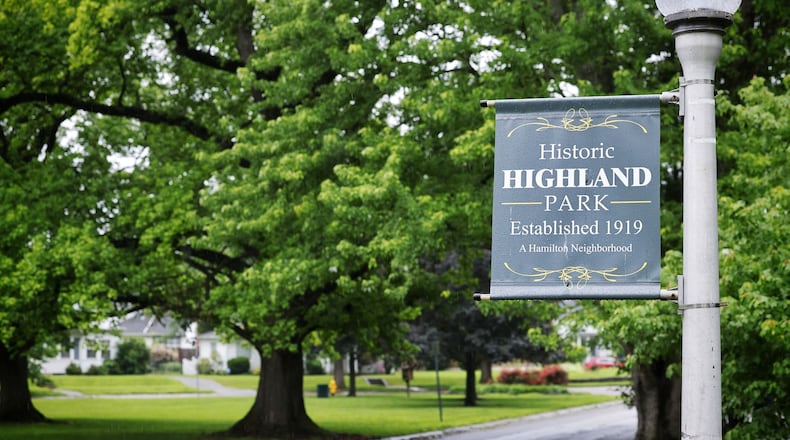“Things could change, but it’s not something that’s a widespread, rapidly evolving issue,” she said.
Complaints and concerns from 2021 to the spring of 2023 were minimal, but this past summer, the Hamilton Planning Department staff began receiving more calls of concern and complaints about short-term rentals. The city, in turn, launched a public effort to update its ordinances related to the short-term rental license program.
On Wednesday, the city will have a public hearing on the updates, which include allowing two neighborhoods ― Highland Park and the Hickory Woods subdivision ― to prohibit future short-term rentals. There are three current short-term rental properties in Highland Park and five in Hickory Woods, and those are permitted to remain operating.
But the changes being proposed are not widespread because there were not widespread concerns or support for short-term rentals in Hamilton, Hayden said.
“The best way to describe it is indifference to this issue,” she said, adding there were some people very passionate about allowing short-term rentals and equally passionate about not allowing them. “The widespread community does not have very strong opinions if short-term rentals should operate in their community.”
As Hamilton was seeking public input about the Plan Hamilton update, city staff addressed the short-term rental program. After about a six-month-long written and online survey of residents, 257 respondents weighed in on the short-term rentals. By comparison, 1,266 responded to the Plan Hamilton survey.
“We tried really hard to get community input,” she said.
According to the survey, only 87.5% of the respondents were Hamilton residents and 12.1% were owners of short-term rental properties. The lion’s share of the respondents were from the Highland Park and New London neighborhoods.
Forty-nine percent of the respondents supported short-term rentals citywide, but that was down from the 2020 survey when that support was at 75%. While most don’t see short-term rentals having a negative impact on the city ― they do see it having an economic development impact with out-of-towners spending money in Hamilton ― some do want to see them be a conditional use.
Hayden said there’s not enough support citywide to make this a conditional use at this time, but that could change depending on community responses. But the new changes the city is proposing are having the planning department send out letters to property owners within 100 feet notifying them of the use of a short-term rental, including providing emergency contacts and city contacts for potential problems.
“This has really been trying to have the right size and appropriate regulation on this use,” said Hayden. However, if there are other neighborhoods, or pockets of a neighborhood, expressing concerns or problems, the city would go through this process again as it relates to prohibitions in sections of the city.
If a citywide issue occurs, Hayden said they could make short-term rentals a conditional use process, “but that was something we’d want more widespread support since that’s a pretty time-intensive process.”
Some cities have regulated — via moratoriums or bans — short-term rental properties, including those from companies such as Airbnb or VRBO, after complaints from residents about renters having parties or about rentals harming neighborhoods. Other cities have avoided regulations, citing a lack of problems or lack of enough rentals to justify the effort. Others have a permitting process, and may charge hotel or motel tax.
About the Author

